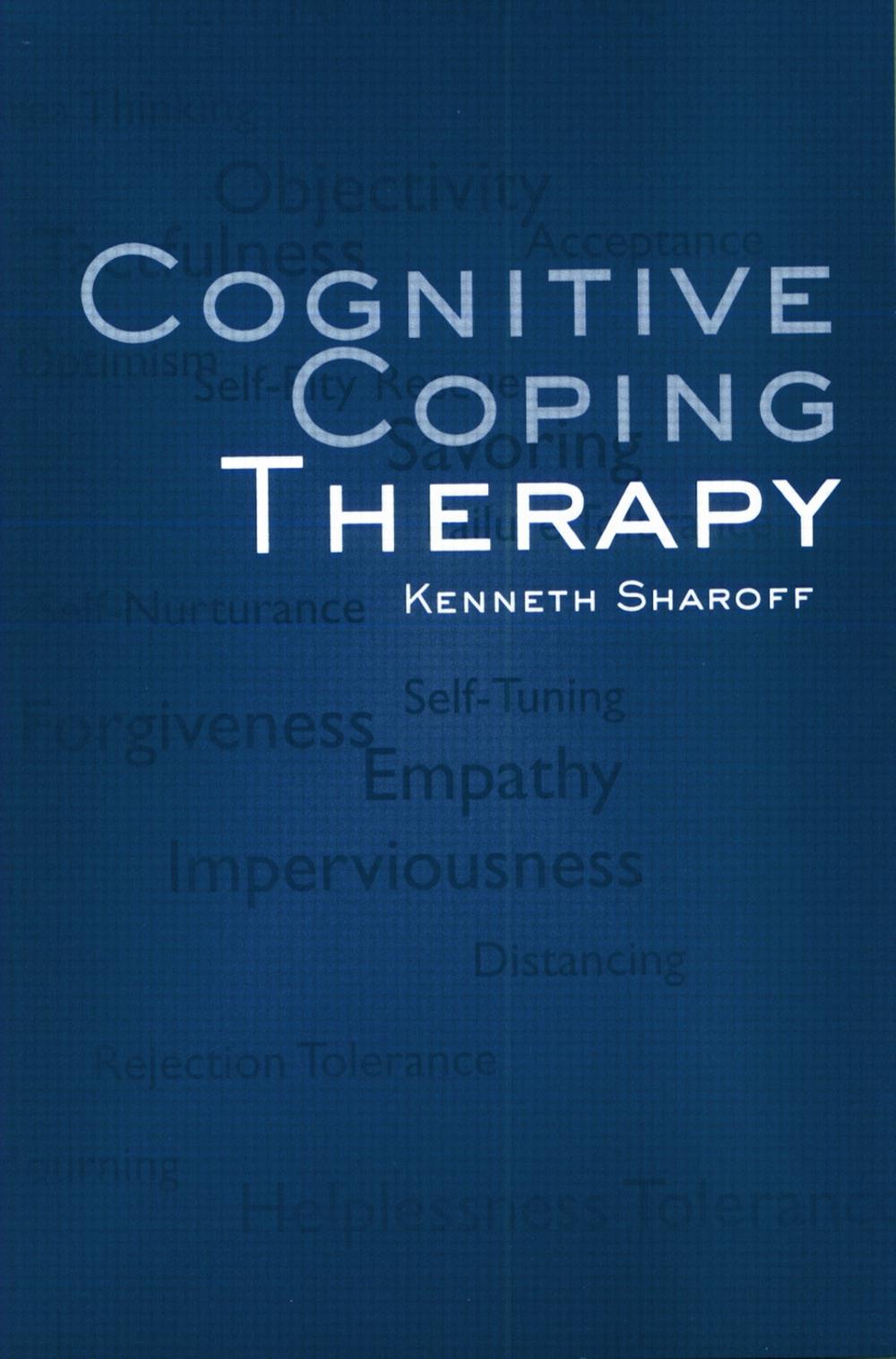
When you click on links to various merchants on this site and make a purchase, this can result in this site earning a commission. Affiliate programs and affiliations include, but are not limited to, the eBay Partner Network.
Cognitive Coping Therapy by Kenneth Sharoff (English) Paperback Book

- Item No : 135838104033
- Condition : Brand New
- Brand : No brand Info
- Seller : the_nile
- Current Bid : US $38.10
-
* Item Description
-
The Nile on eBay

Cognitive Coping Therapy
by Kenneth Sharoff
First Published in 2002. Routledge is an imprint of Taylor & Francis, an informa company.
FORMAT
PaperbackLANGUAGE
EnglishCONDITION
Brand New
Publisher Description
Cognitive Coping Therapy partners coping skills therapy and cognitive behavior therapy. It offers cognitive coping therapy, which essentially develops coping skills therapy, into a comprehensive model of care. It presents a practiced theory and underlying philosophy for the approach, along with methodology and guidelines for implementing it. It refines and further extends cognitive behavioral practice theory and, in doing so, offers case studies to illustrate how to use the model with a variety of disorders. A new coping skills slant for treating a variety of disorders.
Table of Contents
1. The Coping Response
2. Cognitive Influence in CBT
3. Catalogue of Coping Skills
4. Limitations of Cognitive Restructuring
5. Theory
6. Methodology
7. Treatment of Dependent Personality Disorder
8. Treatment of Major Depression
9. Treatment of Generalized Anxiety Disorder
10. Treatment of Borderline Personality Disorder
References
IndexReview
"This is an up-to-date and well-integrated book on the many important aspects of cognitive-behavior therapy. Like Rational Emotive Behavior Therapy (REBT), it adequately covers coping skills training and specific behavioral methods of treatment; and it also thoroughly includes the cognitive restructuring of absolutistic irrational beliefs and the use of sensation, experiential, and feeling processes. Very well done!" -- Albert Ellis, President, Albert Ellis Institute, New York City and author of Overcoming Destructive Beliefs,Feelings, and Behaviors
Review Quote
"This is an up-to-date and well-integrated book on the many important aspects of cognitive-behavior therapy. Like Rational Emotive Behavior Therapy (REBT), it adequately covers coping skills training and specific behavioral methods of treatment; and it also thoroughly includes the cognitive restructuring of absolutistic irrational beliefs and the use of sensation, experiential, and feeling processes. Very well done!" -- Albert Ellis, President, Albert Ellis Institute, New York City and author of Overcoming Destructive Beliefs,Feelings, and Behaviors
Details
ISBN0415763487Author Kenneth SharoffPublisher Taylor & Francis LtdISBN-10 0415763487ISBN-13 9780415763486Format PaperbackImprint RoutledgePlace of Publication LondonCountry of Publication United KingdomDEWEY 616.89142Short Title COGNITIVE COPING THERAPYLanguage EnglishMedia BookYear 2014AU Release Date 2014-12-01NZ Release Date 2014-12-01Publication Date 2014-12-01UK Release Date 2014-12-01Pages 308Alternative 9781583913178Audience Tertiary & Higher Education


















